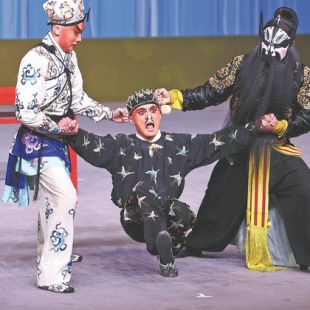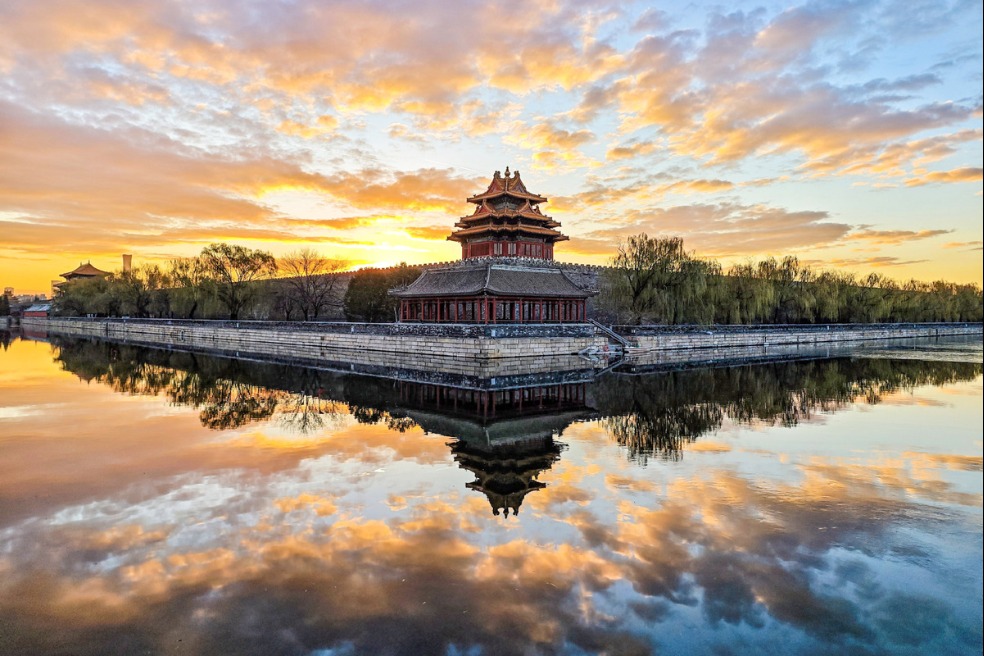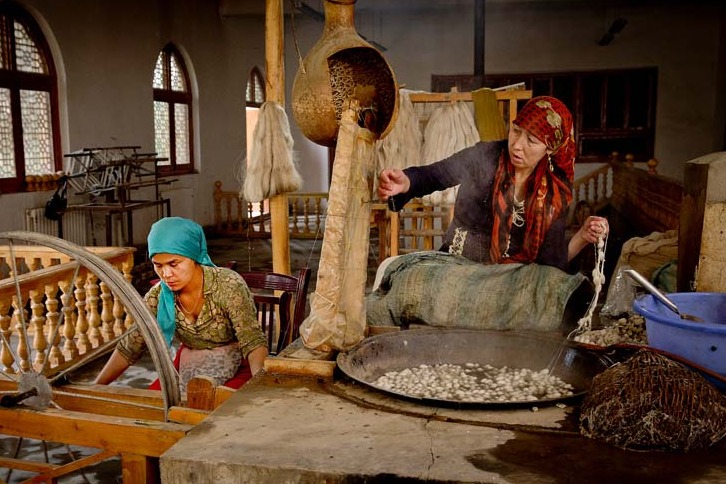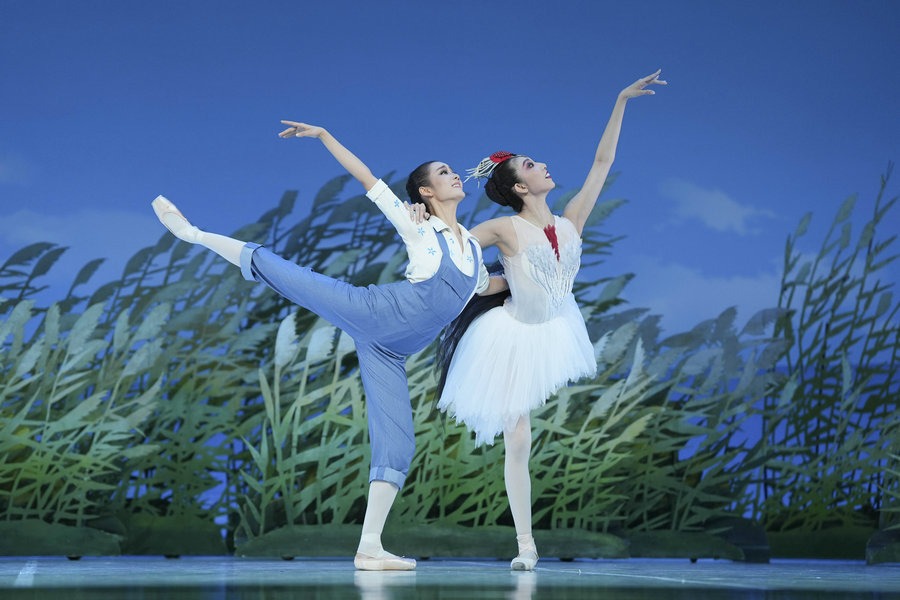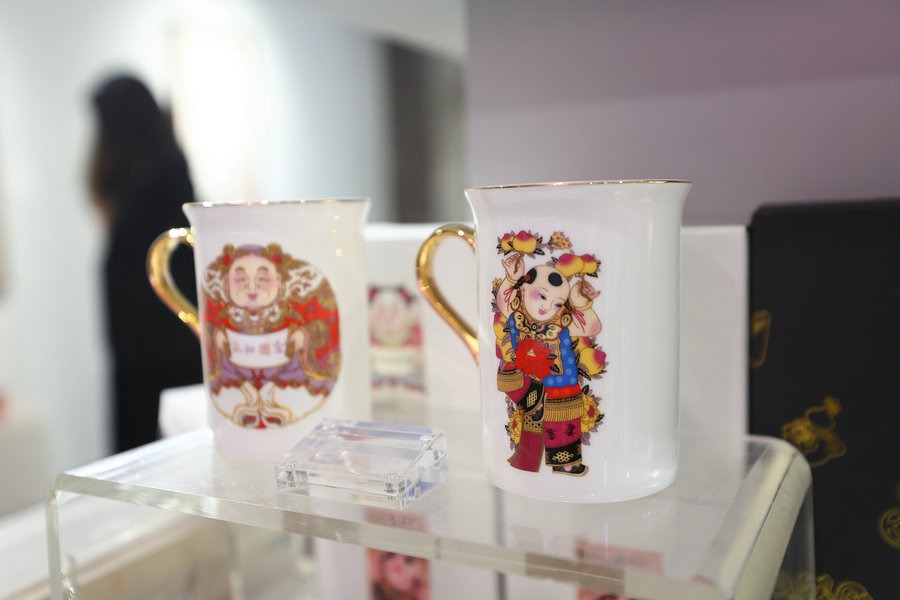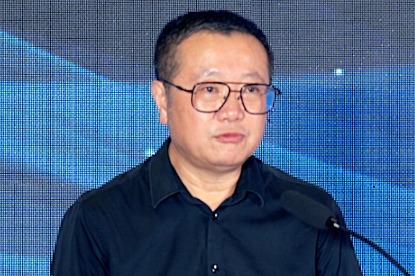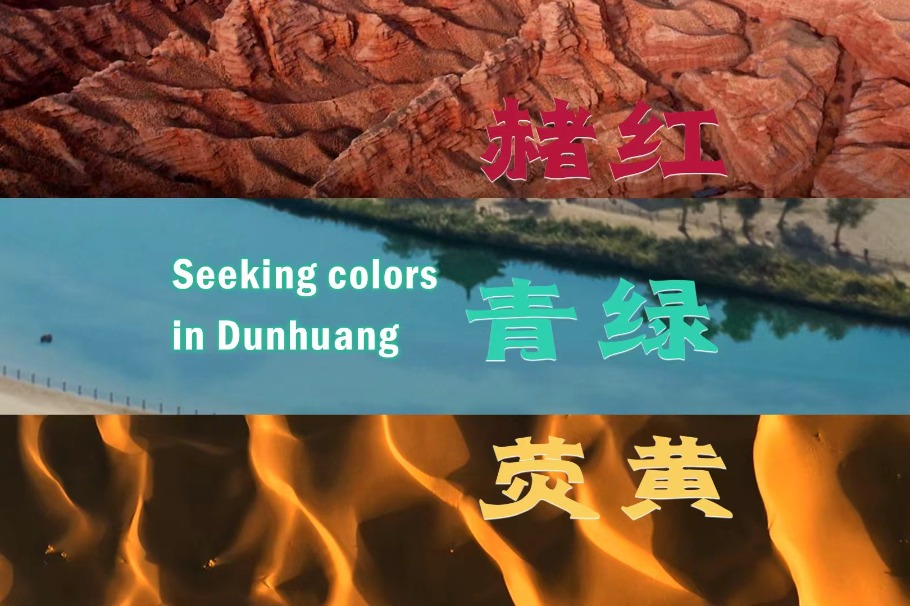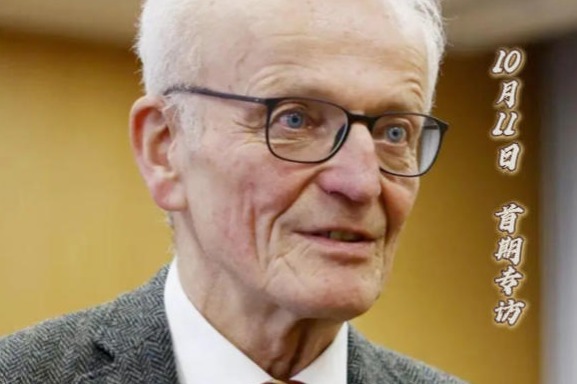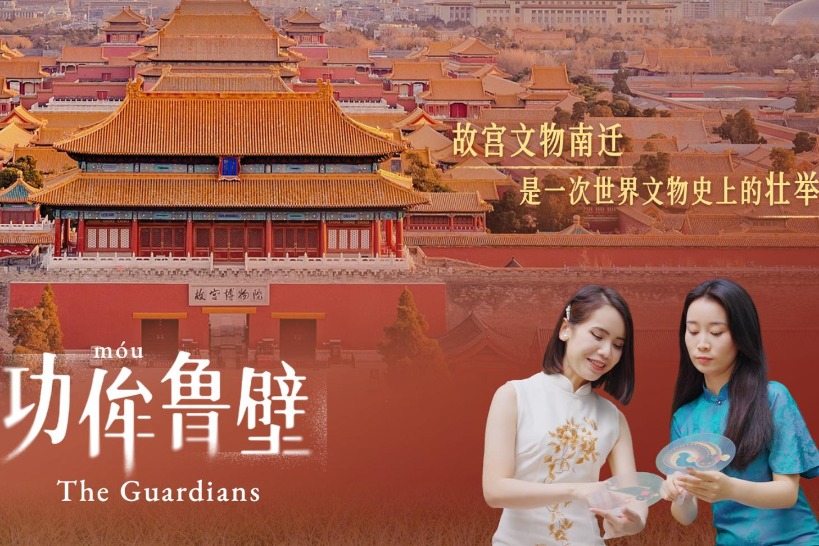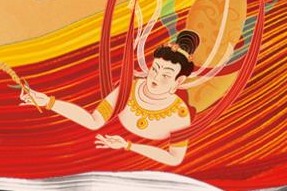A new Peking Opera generation takes the stage

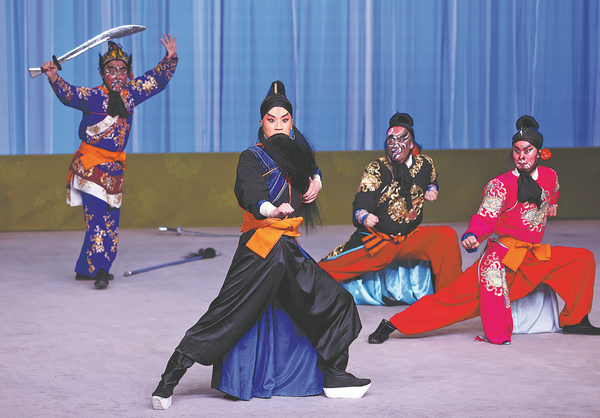
"These young people started learning with me when they were just kids — now they're adults, leading the shows themselves," Yang says.
China National Peking Opera Company, one of China's top performing arts troupes dedicated to preserving and promoting Peking Opera, on Friday launched the fifth edition of its wuxi showcase — a performance series highlighting the martial, or action-driven, segments of traditional Chinese opera. These scenes emphasize combat, acrobatics and physical storytelling.
From last Friday to this Saturday, four performances featuring young artists focused on wuxi will be staged at Beijing People's Theatre — the first theater built specifically for Peking Opera, which opened in 1954, five years after the founding of the People's Republic of China.
The program presents a rich selection of classic Peking Opera works, including San Cha Kou (At the Crossroads), Lin Chong Ye Ben (Lin Chong Flees by Night), and Xi Fushan (The Battle of Fushan). Together, these selections offer audiences a full dose of action-packed, physically intense Peking Opera.
Peking Opera, or jingju, is a 200-year-old art form that combines singing, dancing, acrobatics and martial arts. In 2010, it was inscribed on UNESCO's Representative List of the Intangible Cultural Heritage of Humanity.


